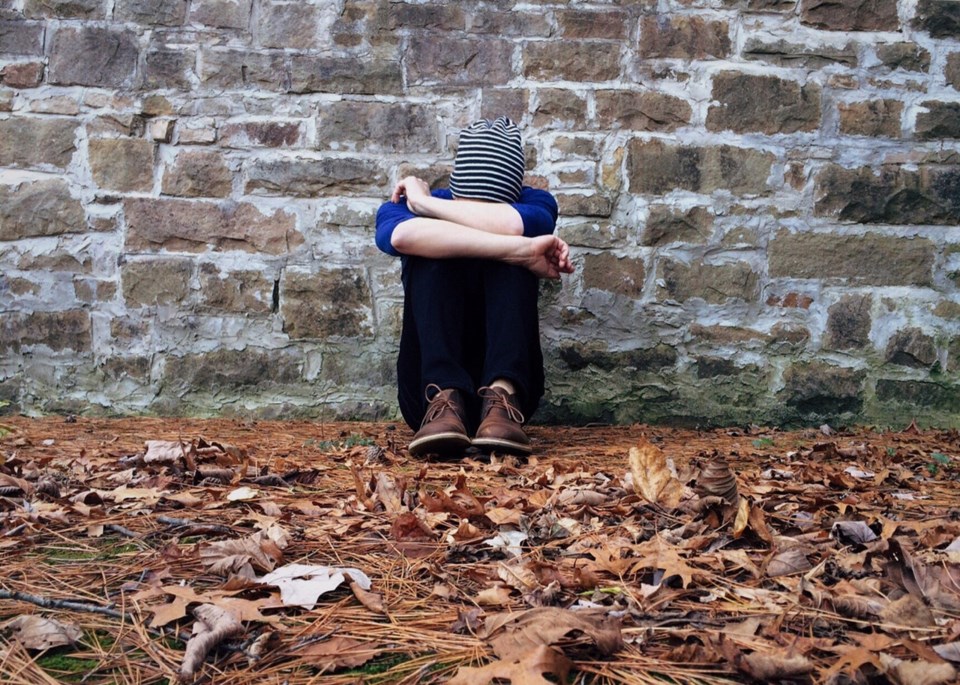Editor's note: The Chief's weekly editorial reflects the official opinion of the newspaper.
What the actual heck, Prime Minister?
In the name of those we have lost in Squamish, it is time to move toward decriminalization of drugs, not back toward a Ronald Reagan era war on drugs.
At the United Nations General Assembly on Sept. 24, in the middle of an unparalleled overdose crisis in our country, province, and town, Prime Minister Justin Trudeau reissued Canada’s support for President Donald Trump’s “Global Call to Action on the World Drug Problem.”
“It is a demand-side issue and a supply-side issue. Drugs are a corruption issue, a law and order issue; a civil society issue,” said Nikki Haley, United States Ambassador to the United Nations announcing the document’s signing.
The U.S. and the countries that signed on to this document are ignoring that these drugs being illegal is part of why it is a health issue.
This move certainly flies in the face of marijuana legalization currently rolling out.
Whatever one’s political bent, the body bags stacking up in this opioid crisis are a hint that the way drug use has traditionally been addressed is not working. Almost 1,500 people died in 2017 from drug poisoning in B.C. That is up from 211 in 2010.
It is time for decriminalization, not re-criminalization.
Experts on the front lines of this epidemic agree.
“We should be extremely disappointed, frustrated and angry that prohibition policies that literally kill 1,000’s of Canadians each year — and actually promotes drug use — is supported by our leaders,” said Dr. Mark Tyndall, executive director of the B.C. Centre for Disease Control on Twitter Sept. 25.
Dr. João Goulão, who spearheaded Portugal’s decriminalization in 2001 and visited Vancouver recently, was shocked by the degree of the problem he saw here. His country serves as a symbol of how decriminalization can work.
There, the legal framework of decriminalization led to a culture of harm reduction.
For those who consume drugs, decriminalization “removes the reason why those with dependencies are afraid of undergoing treatment,” according to a report by global advocacy group Open Society Foundations.
“It also allows people who help dependent users to provide assistance without being treated as the accomplices of criminal offenders.” This shift helped stabilize Portugal’s opioid crisis and overdose deaths, lowered substance abuse rates, dramatically reduced HIV and hepatitis infection rates, and reduced drug-related crime and incarceration rates, according to various studies.
But decriminalization could not have happened without a cultural shift.
We need to listen to those who consume illicit substances, those living with addiction, those who advocate for them and the families of the loved ones left behind — like the women in the group Moms Stop the Harm, which has Squamish members.
The federal government is currently consulting with the public about its drug policies. Make your voice heard on this.
The powers that be may not listen, but we have to speak up, for all those we have lost in Squamish and beyond.
The survey is open until Dec. 4. at bit.ly/2NlbLSm.



